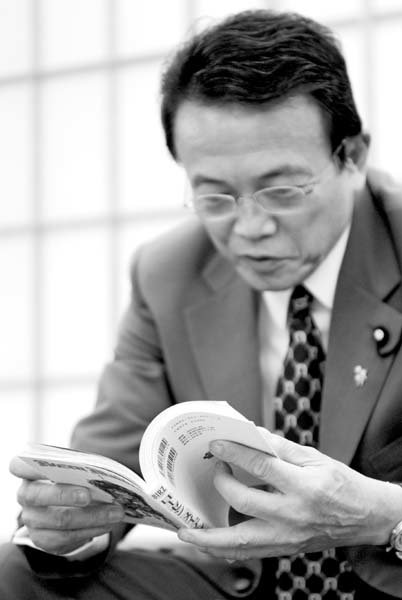There’s an interesting category of vocabulary words made up of four kanji characters, which probably represents a grammatical construction left over from the distant past when Japan was still adapting the Chinese writing system for its own use. They’re fun to study since the meaning of the compound words often goes far beyond the actual characters themselves. One such word that anime fans may be familiar with is ikki tousen, written with characters for “one knight” and “hitting one thousand” and literally meaning a warrior so strong he can defeat a thousand opponents. One word I had fun learning about is yuju fudan (yuu-juu foo-DAHN), written with the characters for “kindness” “softness” and “indecision.” The term describes just about every male character in a romantic or “love comedy” anime series, the main character who’s surrounded by beautiful females, but he can’t make up his mind which girl he’s in love with, so he ends up being nice to everyone. On the surface it’s just a word meaning someone who can’t make up his mind about something, but in the context of anime it becomes the lynchpin to many of the most dramatic character-driven stories. Some of the classic yuju fudan characters include Tomoya from Clannad, Kaoru from Ai Yori Aoishi, Makoto from School Days, and Kyosuke from the classic 80s romantic esper anime Orange Road. (Among the many Japanese study aids we offer on J-List, there’s a nice book that teaches these 4-character compound words through manga.)
















